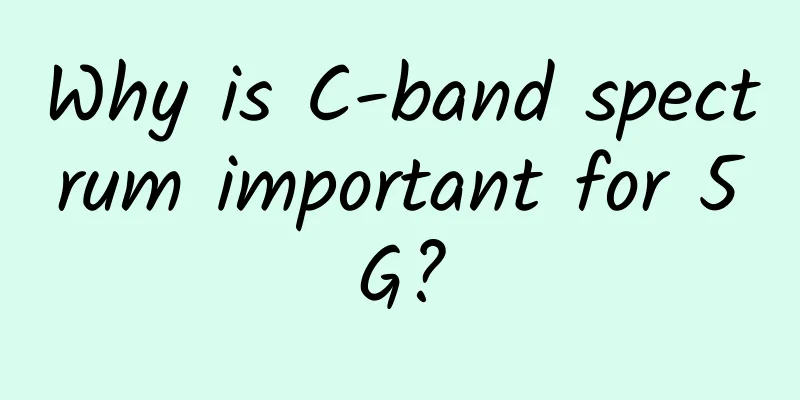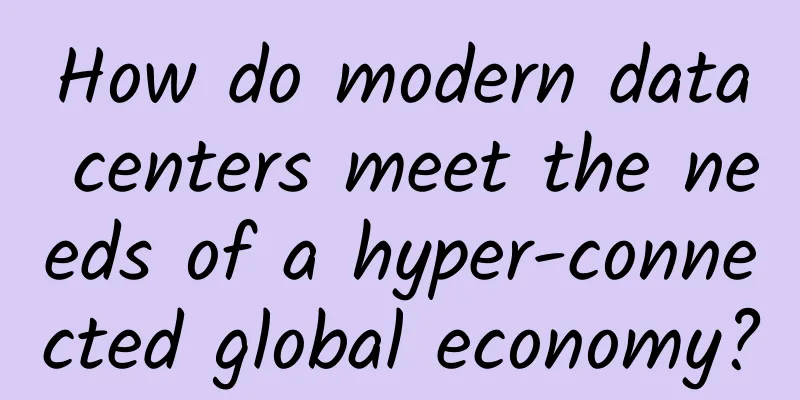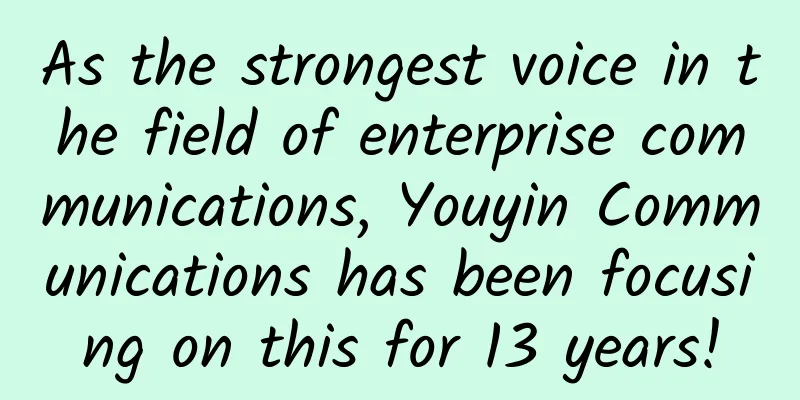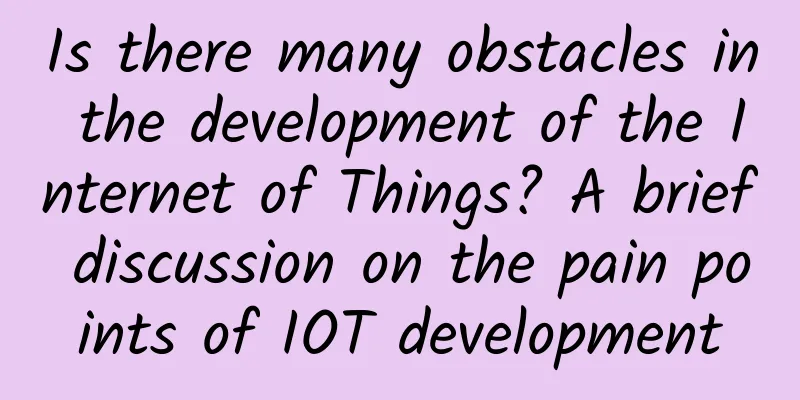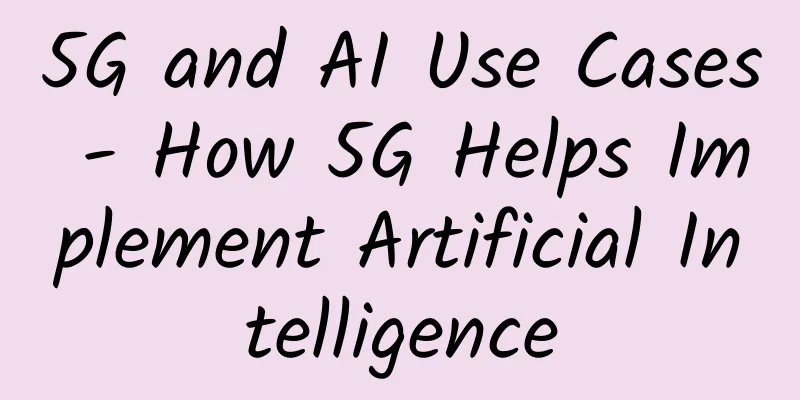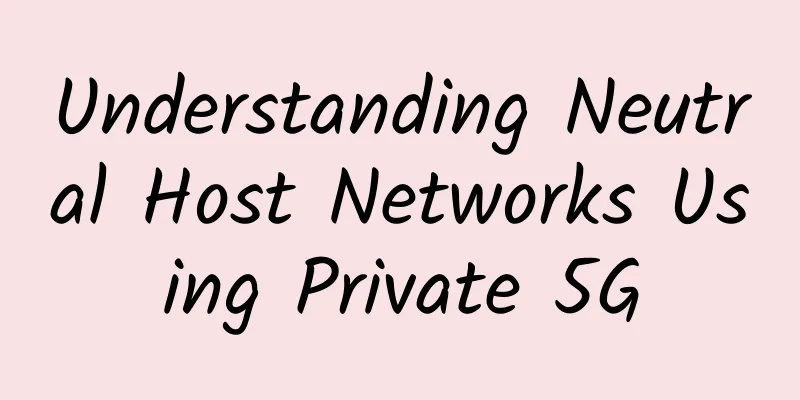How 5G will improve hyper-connectivity in smart cities
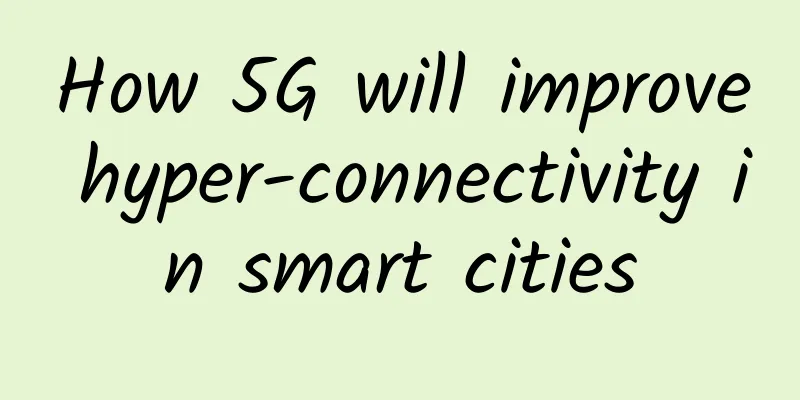
|
5G is the next big thing in the technology industry. Its ultra-high data transmission rate, high bandwidth and low latency will greatly exceed 4G and will bring people an unprecedented information experience. In urban areas, 5G, especially with smart city technology, will create new opportunities and efficiencies. From the Internet of Things (IoT) to automation, the special connection between 5G and smart cities will bring innovative changes. The rise of smart cities Smart cities are about the use of advanced technologies in urban areas. Technology has the power to create an effective environment at the public, governmental, and economic levels. Whether it is IoT sensors or artificial intelligence (AI), smart cities can apply it. The ultimate goal is to benefit the people, and this is how you benefit from simple things in the city, such as improved transportation methods. Enter 5G. 5G is the latest and greatest advancement when it comes to cellular data networks. With rollouts starting in 2019, 5G will reach every corner of the world in the coming years. Since smart cities rely on the best technology, it’s only fitting that they incorporate 5G now. Smart City 5G will bring faster connections and more data. Although it sounds simple, these two factors are the core forces driving major changes in cities. For example, consider the ultimate goal of a city. Smart cities serve the public. With constant innovation, public health, transportation, and urban infrastructure all need to meet people's needs. Unfortunately, many urban areas encounter obstacles such as pollution, traffic congestion, and safety issues. According to the United Nations, by 2050, nearly 70% of the world's population will live in cities. 5G can provide us with more help to alleviate urban problems. What 5G and smart cities can do together Smart City 5G must work at different levels to transform cities. From government to city infrastructure, more integration must take place. IoT sensors and networks are already part of what makes cities smart. For example, sensors on street lights and street lamps help optimize traffic flow. Now, 5G is the foundation for connectivity. Cars are a major source of pollution in cities and also cause traffic congestion. Moreover, the number of cars worldwide will double by 2040, exacerbating the problem. Smart 5G alternatives include improving public transportation. With 5G fast connections, waiting times, travel times, efficiency, and more can be optimized. Communications hubs that send and receive data are also critical. Data reaches its destination much faster over 5G networks than using 4G services. With this data, city officials and policymakers can then act on the information. For example, changing urban infrastructure from 5G data is a feasible step. Architects, urban designers and engineers can work together to create a landscape that works for everyone. Livability and public housing and public transportation that moves residents around the city may be the focus. Similarly, public safety can also benefit from the convergence of 5G and smart cities. The use of 5G-enabled drones and roadside cameras will transmit data in real time so that emergency services can respond appropriately and immediately. Every part of a city will ultimately work together to deliver the best experience for residents and visitors. Naturally, there are also many use cases aimed at improving quality of life as well as improving the well-being of individuals. Integration Given the huge benefits to citizens, cities must start integrating 5G technology as soon as possible. The good news is that some cities are already on track. Critics and experts often point to Singapore as one of the smartest cities in the world. With its advanced housing policies, environmental initiatives, and technology integration, it is moving towards 5G capabilities. New York, London, and Tokyo have also made the list of the smartest cities in 2020. On a smaller scale, a wide variety of industries can integrate 5G technology. Using its data and speed, any company can thrive in communication and outreach. For example, the tourism industry will benefit from communication hubs in cities. These technology-based locations provide information about events, sites, and resources, all of which can be translated across languages. Whether it’s an entire downtown area or smaller spots throughout the city, the possibilities seem endless. 5G Hyperconnectivity Connectivity is a recurring theme for 5G and smart cities. Every day the world is flooded with more and more data. With the speed and efficiency potential of 5G, this connectivity can turn into hyperconnectivity – delivering information to people faster and more accurately than ever before. [Editor: Jiang Hua TEL: (010) 68476606] |
>>: Europe lags behind in 5G rollout, study shows
Recommend
What are the differences between WAN, LAN, PAN and MAN?
What is the difference between a wide area networ...
The lingering troubles of Apple computers! How to make them compatible with USB flash drives and mobile hard drives
[[348358]] Many friends who use Apple computers o...
Virtono: $24.9/year KVM-1GB/30GB/2TB/Japan & Singapore & Hong Kong, China, etc.
Virtono recently launched a new promotion on LET,...
How SD-WAN is changing the network services market
As technology continues to evolve, SD-WAN (wide-a...
How to use SSL/TLS in Node.js
This article is reprinted from the WeChat public ...
Pre-terminated trunk copper cable and method of using the same
High-density cabling products and standard modula...
Tian Suning: From the Internet of Everything to the Intelligent Internet, a new company species, "customer operator", is born
From November 7 to 9, Wuzhen, a water town in the...
Spain's 5G state subsidies may exclude Huawei, Huawei appeals
On October 10th, local time on Monday, Huawei app...
On the "Kung Fu" of IT Operation and Maintenance
One day, Master Ma was walking on the street and ...
Why Private LTE is a Smarter Choice than 5G
As connected technology continues to advance, bus...
There are still more than 200 million IPv4 addresses unassigned!
Hello everyone, I’m Xiaofu. In 2019, there were r...
Various abnormal phenomena and analysis from TCP protocol to TCP communication (Part 1)
Many people always think that learning TCP/IP pro...
Quickly understand the characteristics and differences of HTTP1.0 1.1 2.0 3.0
HTTP1.0 HTTP version 1.0 is a stateless, connecti...
7 pictures to help you understand the difference between HTTP and HTTPS!
1. Introduction to HTTP Protocol 👨🏫 Interviewer:...
ABC in the eyes of communication professionals...
[[375451]] As a communications engineer, I am exp...
